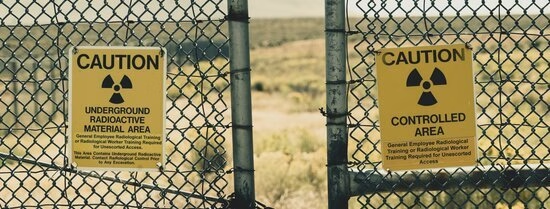The Faculty Colloquia aim to cover the broad scope of Erasmus School of Philosophy (ESPhil), in analytic and continental philosophy as well as the history of philosophy. Speakers are free in their choice of the subject-matter of their talks, but are requested to present a talk accessible to all philosophers, students notably included.
- Date
- Wednesday 24 May 2023, 16:00 - 17:30
- Type
- Lecture
- Spoken Language
- English
- Room
- Theil C1-2
- Building
- Theil Building
- Location
- Campus Woudestein
In the aftermath of the atomic bombings of Hiroshima and Nagasaki and under the growing threat of a planetary cataclysm, an array of prominent thinkers grappled with the significance of nuclear war for the human condition and the ways in which this peril might be escaped. In particular, the collected thoughts of Karl Jaspers, Hans Morgenthau, and Günther Anders can be encapsulated as a current of “nuclear existentialism” preoccupied with the unprecedented “being-towards-species-death” entailed by the advent of the Bomb.
Faced with the apparent negation of reason in bringing about the means of its own destruction through its scientific triumph in piercing the innermost secrets of nature, the nuclear existentialists sought to salvage the Enlightenment project of humanity’s self-realisation by harnessing the apocalyptic fear of the Bomb as the historical condition for its completion.
This lecture offers a retrospective view on nuclear existentialism’s desperate gambit and seeks to assess its contemporary relevance in an age of resurgent nuclear anxiety.
Bio
Antoine Bousquet is Associate Professor in the Department of Political Science at the Swedish Defence University. His work lies at the intersection of war and political violence, the history and philosophy of science and technology, and social and political theory in the digital age. He is the author of The Eye of War: Military Perception from the Telescope to the Drone and The Scientific Way of Warfare: Order and Chaos on the Battlefields of Modernity. He has contributed an array of peer-reviewed articles and book chapters on subjects that include Cold War computing, the revolution in military affairs, complexity theory, violent aesthetics, nihilism, and the conceptualisation of war and technological change. His current research project is on the advent of nuclear weaponry as an event in thought.
- More information
The room is to be announced

